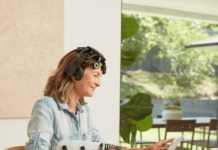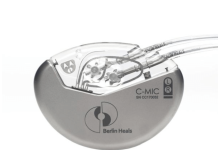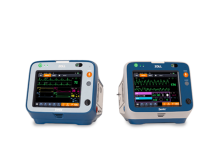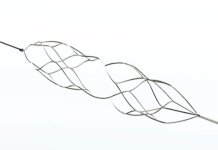Canadian diagnostic startup, Noze, has been awarded $1.8m to launch a clinical study aimed at detecting tuberculosis (TB) in high-burden countries using the company’s DiagNoze device.
The grant, awarded by the Bill and Melinda Gates Foundation in recognition of World Tuberculosis Day on March 24, will go towards the trial examining the company’s handheld breathalyser designed to detect and screen for various medical conditions, including infectious diseases such as TB.
Related: Metyos raises €2.3 million to boost wearable kidney disease device
The World Health Organisation (WHO) estimates there are approximately 10 million cases of tuberculosis a year with approximately 1.5 million fatalities, and considers the condition to be a major driver of antimicrobial resistance. Noze says that its breath-based diagnostic tool is designed to be a cost-effective option for lower and middle-income countries where the disease burden of TB is often higher.
The technology developed by Noze bypasses the barrier of accessibility, allowing communities outside major health systems to benefit from diagnostic capabilities, said Karim Aly, CEO of Noze in a 28 March press release. “The ability to perform high-yield, low-cost screening of tuberculosis is a critical driver in ending the global epidemic. Faster, broader screening means earlier diagnosis and timely treatment, which results in less spread and fewer lives lost,” he added.
GlobalData predicts that the TB tests market will be valued at $441.8 million by 2030. Globally, the UK-based Qiagen holds 33.8% of the global TB market, whilst Oxford Immunotec holds 14.3%.
In addition to Noze, the Bill and Melinda Gates Foundation granted $1.35m to ProteinLogic and Stellenbosch University to drive its TB monitoring technology. Digital health solutions provider Audere was also awarded $9.35m to advance its artificial intelligence (AI)-powered HealthPulse AI, designed to enhance the accuracy of the rapid diagnostic tests.




